postgraduate program, research center
2008 BLOCK I
1 January-31 March 2008
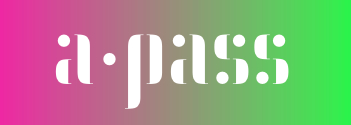
Read more..
postgraduate program, research center
2008 BLOCK II
1 May-31 July 2008

Read more..
postgraduate program, research center
2008 BLOCK III
1 September-31 December 2008

Read more..
performative publishing, postgraduate program, research portfolio
Sara Manente DEMOCRATIC FOREST
1 January 2009
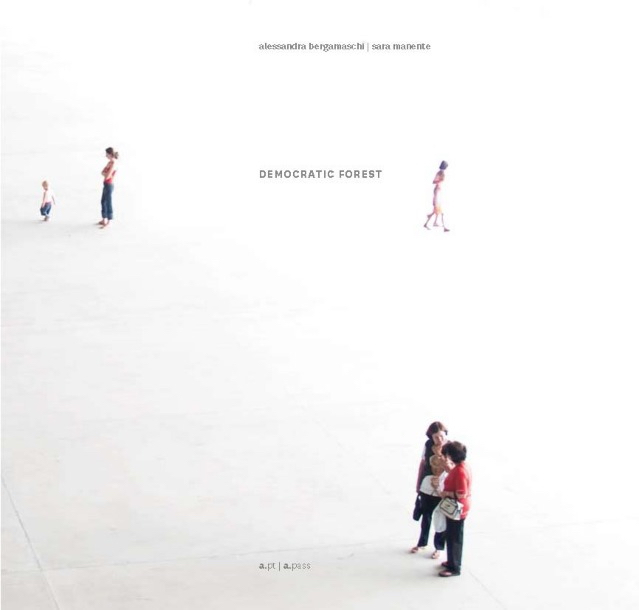
Read more..
postgraduate program, research center
2009 BLOCK I
1 January-31 March 2009

Read more..
postgraduate program, research center
2009 BLOCK II
1 May-31 July 2009

Read more..
performative publishing, postgraduate program, research portfolio
Marcos Simoes THE LAUGHING BODY
research publication
1 May 2009
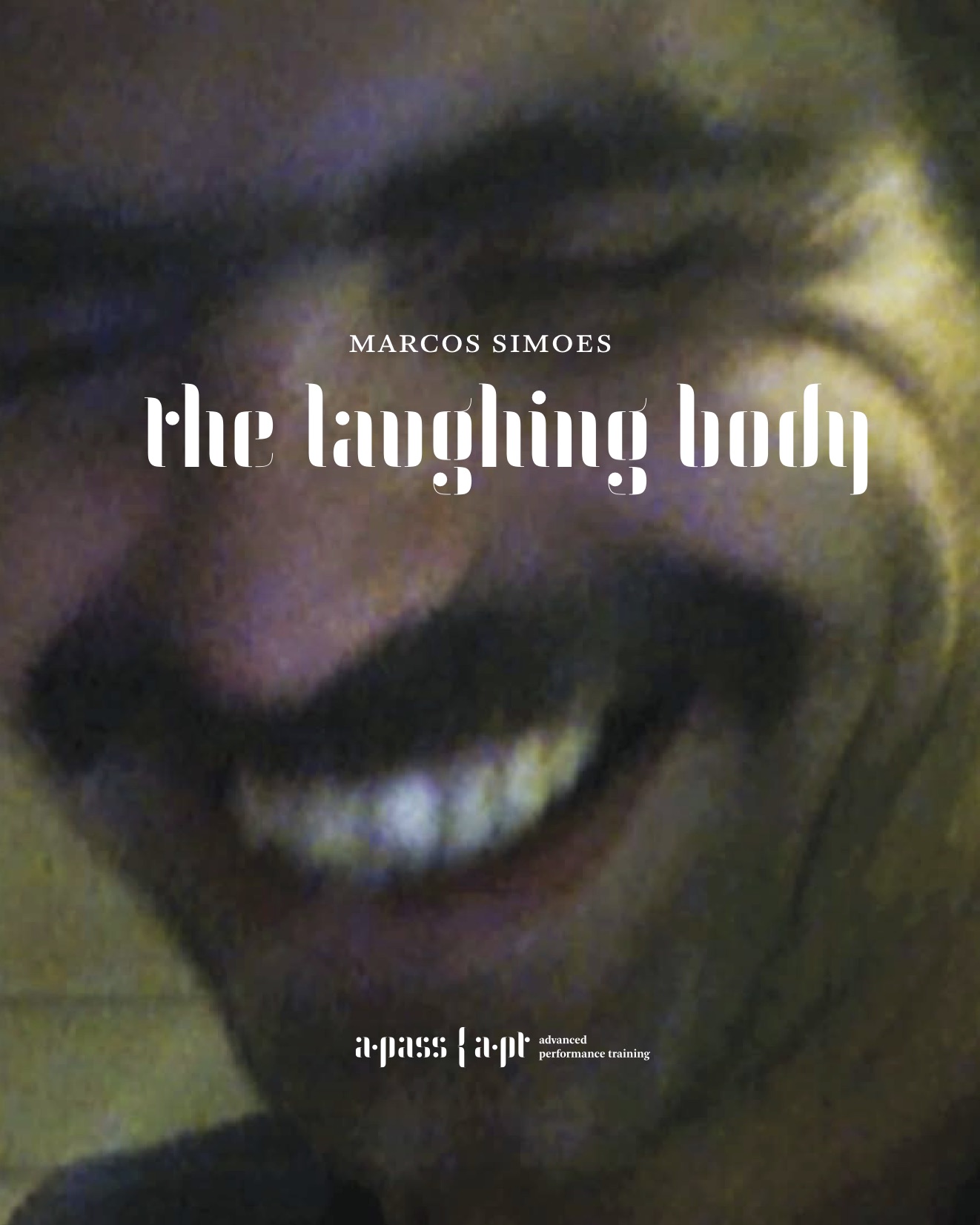
Marcos-Simoes_the-laughing-body.pdf
postgraduate program, research center
2009 BLOCK III
1 September-30 November 2009

Read more..
performative publishing, postgraduate program, research portfolio
Ed. by Constanze Schellow 56 Ways (not) to
research publication
1 September 2009
performative publishing, postgraduate program, research portfolio
Ariane Loze Môwn (movies on my own)
DVD and booklet; research publication
1 September 2009
performative publishing, postgraduate program, research portfolio
Jozef Wouters What is it that I have done?
book
1 January 2010
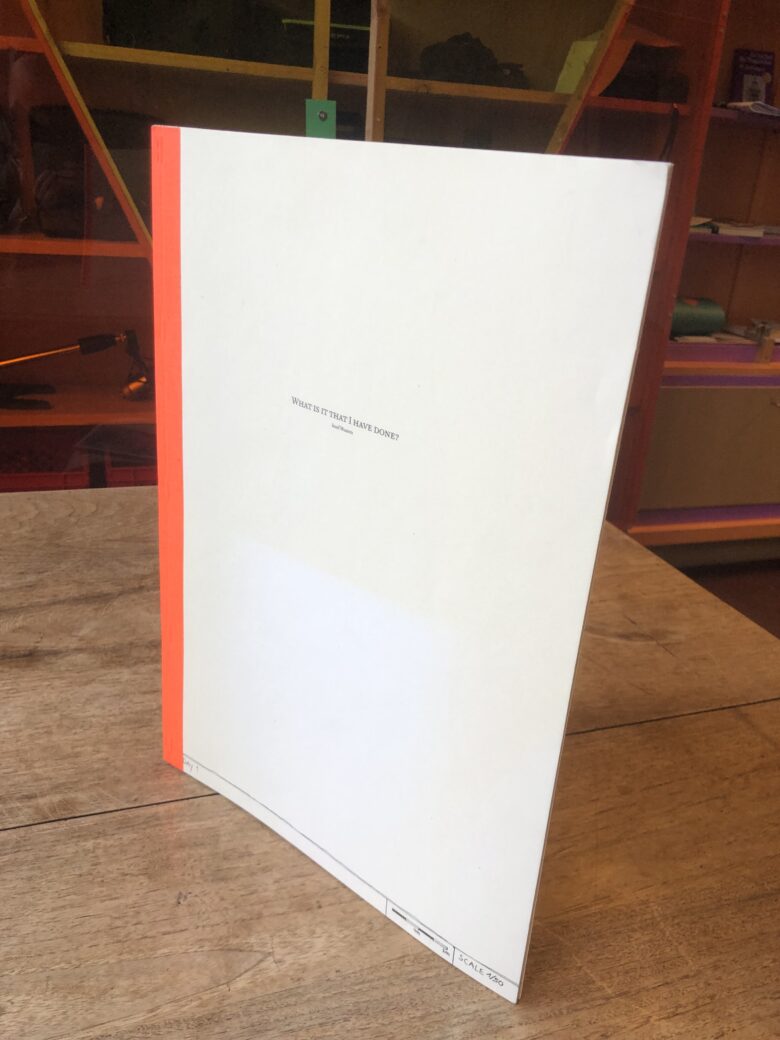
Order this publication.
postgraduate program, research center
2010 BLOCK I
1 January-31 March 2010

Read more..
performative publishing, postgraduate program, research portfolio
Fanny Zaman Song Mountain Area, The Centre Direction
booklet + DVD; research publication
1 January 2010
postgraduate program, workshop
Tom Plischke & Kattrin Deufert CONSEQUENCES II
1-6 March 2010
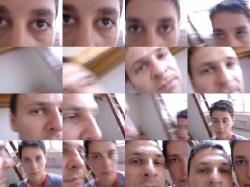
Read more..
postgraduate program, research center
2010 BLOCK II
1 May-31 July 2010

Read more..
postgraduate program, research center
2010 BLOCK III
1 September-30 November 2010

Read more..
postgraduate program, research center
2011 BLOCK I
1 January-31 March 2011

Read more..
research center
Elke van campenhout tools for research
1 January 2011
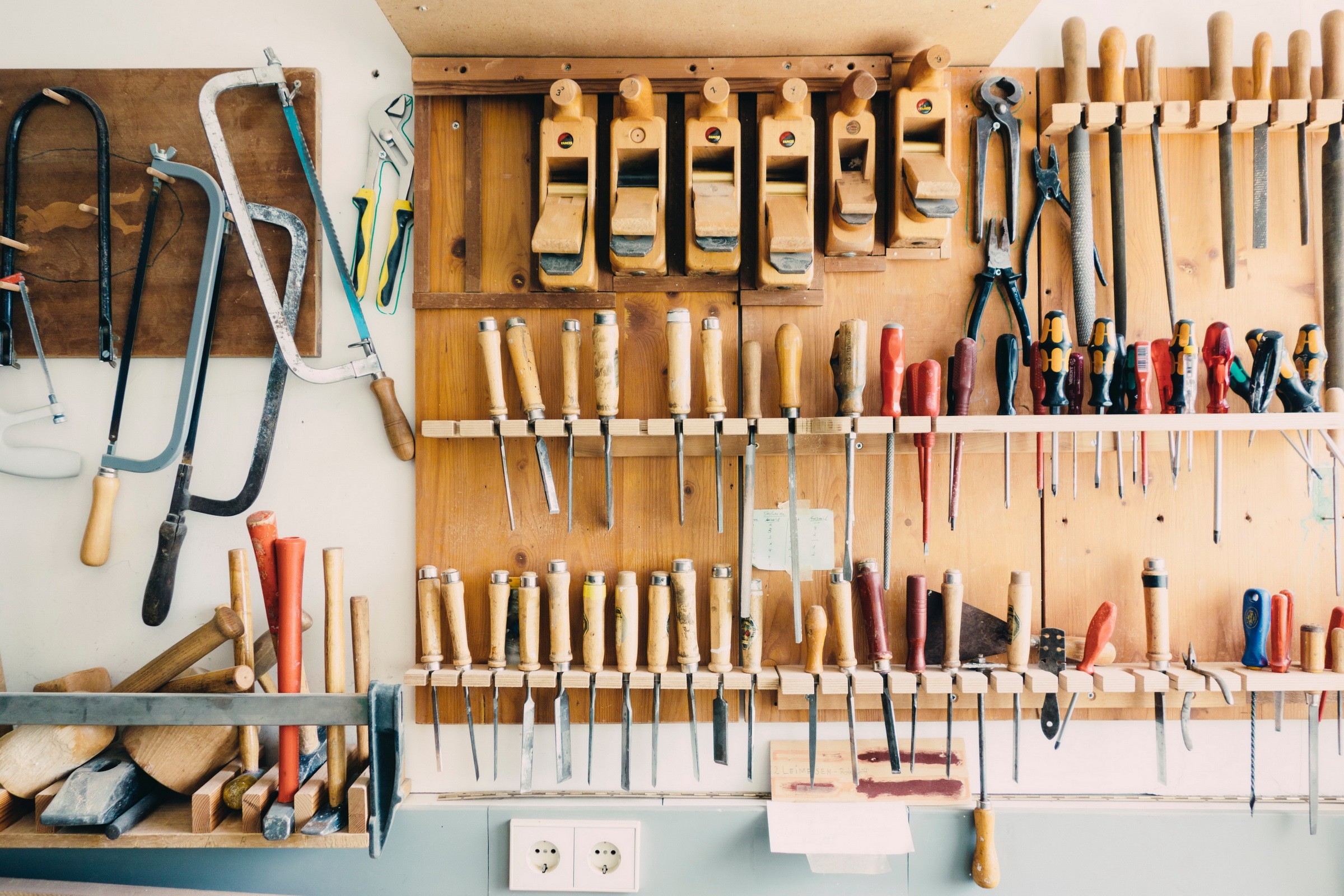
Thinking about tools in the research environment of a.pass is a tricky ‘thing’. When we think about tools in everyday language, we think about ‘things that do something’. But not whatever. Tools are things that have their function inscribed in them, that are optimized for achieving a certain goal, like the radically specified instruments IKEA offers you in its DIY packages. In an artistic research environment the question thus to ask in the first place is: what kind of tools do we need to do what we do?
Read more..performative publishing, research portfolio
Katrin Lohmann On Some Things
comic strip book
1 January 2011
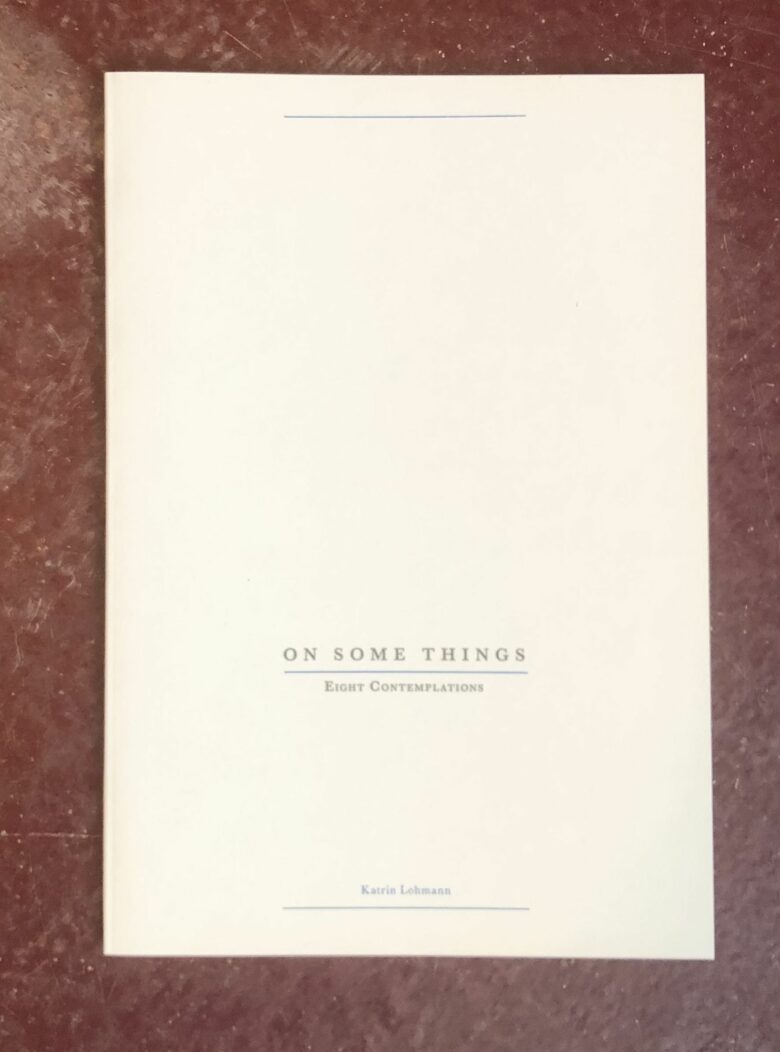
Order this publication.
research center
texts by: Elke Van Campenhout, André Lepecki, Christophe van Gerrewey, Nele Wynants; ed. by Mokum, a.pass It, Thingly Variations in Space
15 Euro
1 January 2011

This book explores the position of the object in contemporary performance.
price: OUT OF STOCK
Read more..Order this publication.
postgraduate program, research center
2011 BLOCK II
1 April-31 July 2011

Read more..
postgraduate program, workshop
Pierre Rubio ARTIFICIAL REALITIES #1
30 May-3 June 2011
Displacements and Attachments
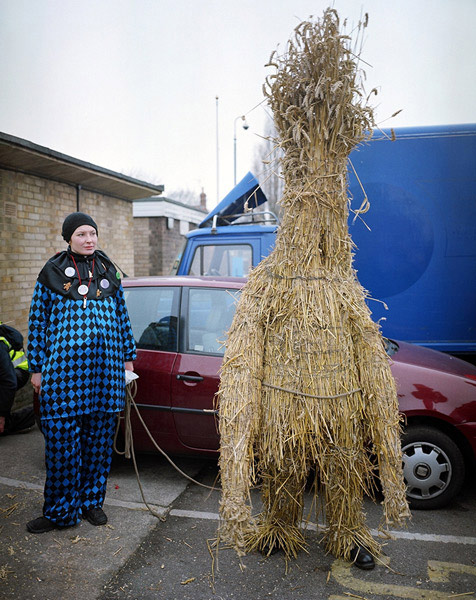
Read more..
postgraduate program, research center
2011 BLOCK III
1 September-30 November 2011

Read more..
postgraduate program, workshop
Pierre Rubio ARTIFICIAL REALITIES #2
10-23 October 2011
Magical Materialism
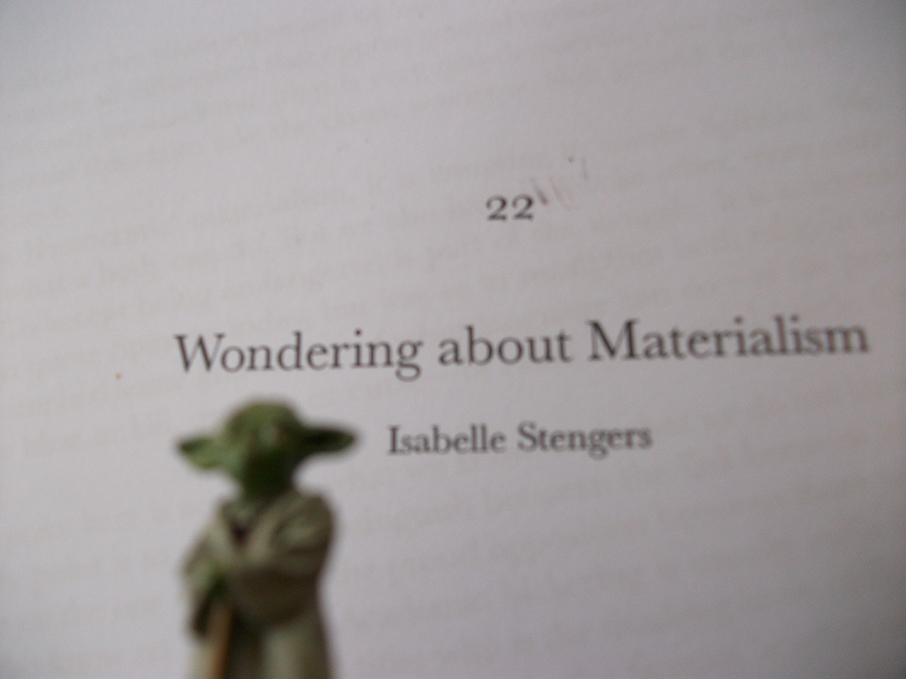
Read more..
postgraduate program, research center
2012 BLOCK I
1 January-13 April 2012

Read more..
postgraduate program, research center
2012 BLOCK II
1 May-31 July 2012

Read more..
postgraduate program, project, workshop
Higher Performance!
7-18 May 2012

Some workshopping in economics for artists is due!
At latest since 2008 it became clear, that the economic system we are living in and with is wacky, unjust and not sustainable. Many of its instruments are either exaggerated or exhausted. The bubbles it produces in different markets are getting out of control and deregulated fiscal constructions are dramatically failing.
postgraduate program, workshop
High Performance! Glossary
8 May 2012
workshop day 1
The current economic crisis is not only a result of some major failures in speculating practices, but the outbreak of a constant crisis inherent to the system. Exploitation of the society and the environment through a reliance on constant growth, the possibility of infinite creation of money for some through the creation of debt for the majority, and the binding of most life-procedures to procedures of money are creating a precarious and dangerous economic climate.
Read more..postgraduate program, workshop
PIERRE RUBIO / PETER STAMER HOW ABOUT CRITIQUE, CRITICALITY, CRISIS?
24-28 June 2013
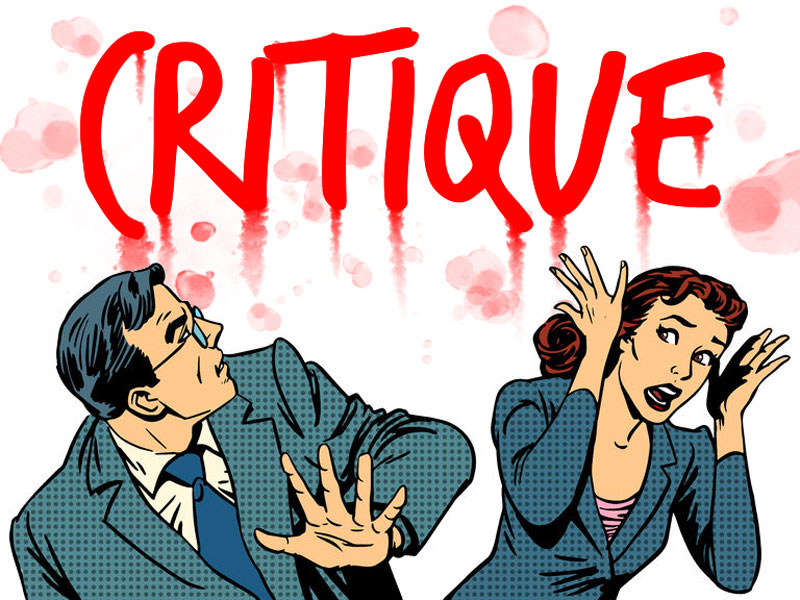
Read more..
postgraduate program, workshop
Pierre Rubio / Elke van campenhout “general intellect ? – it’s not about you, stupid !”
3-7 March 2014
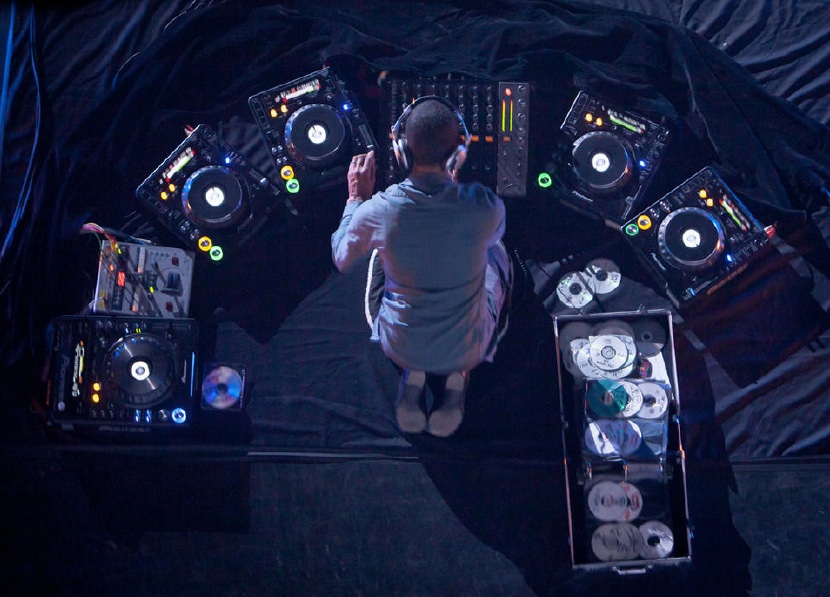
Read more..
postgraduate program, project, workshop
Occupy Democracy
29 September-3 October 2014
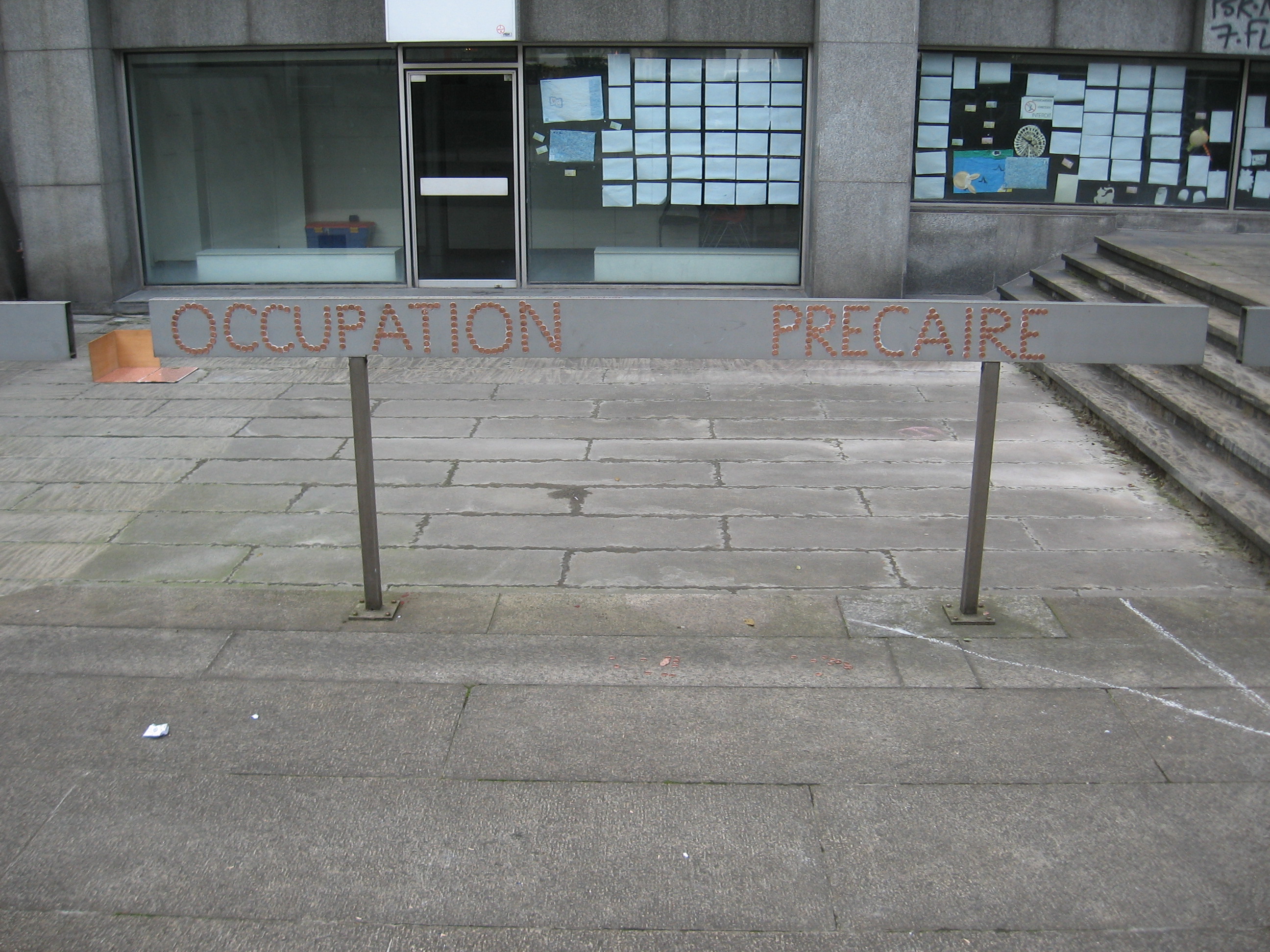
Read more..
postgraduate program, workshop
Pierre Rubio, Elke Van Campenhout Performance / Performativity / Objects / Subjects
19-23 January 2015
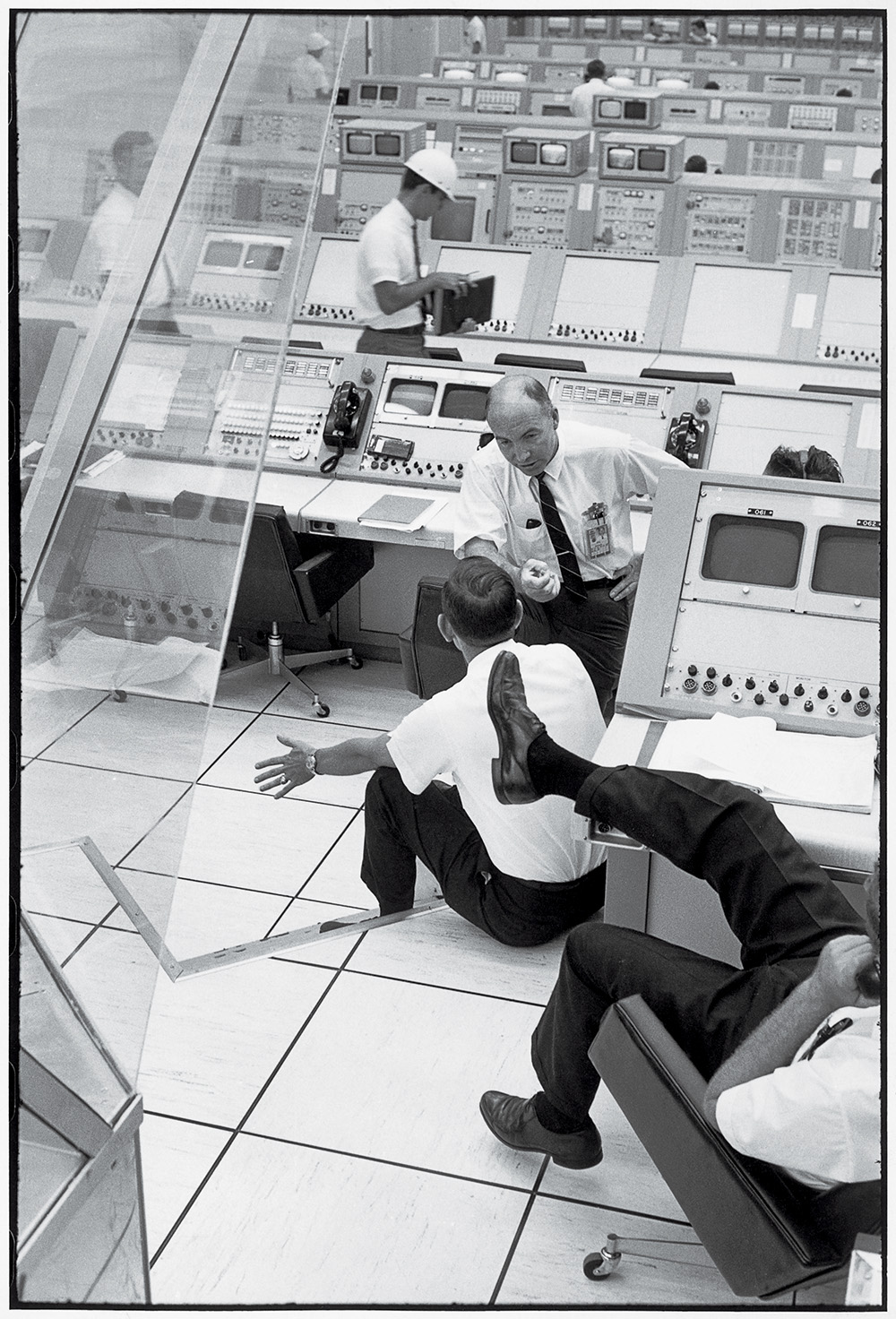
Read more..
postgraduate program, workshop
Ana Hoffner Tools for artistic research – Beckett
2-6 February 2015
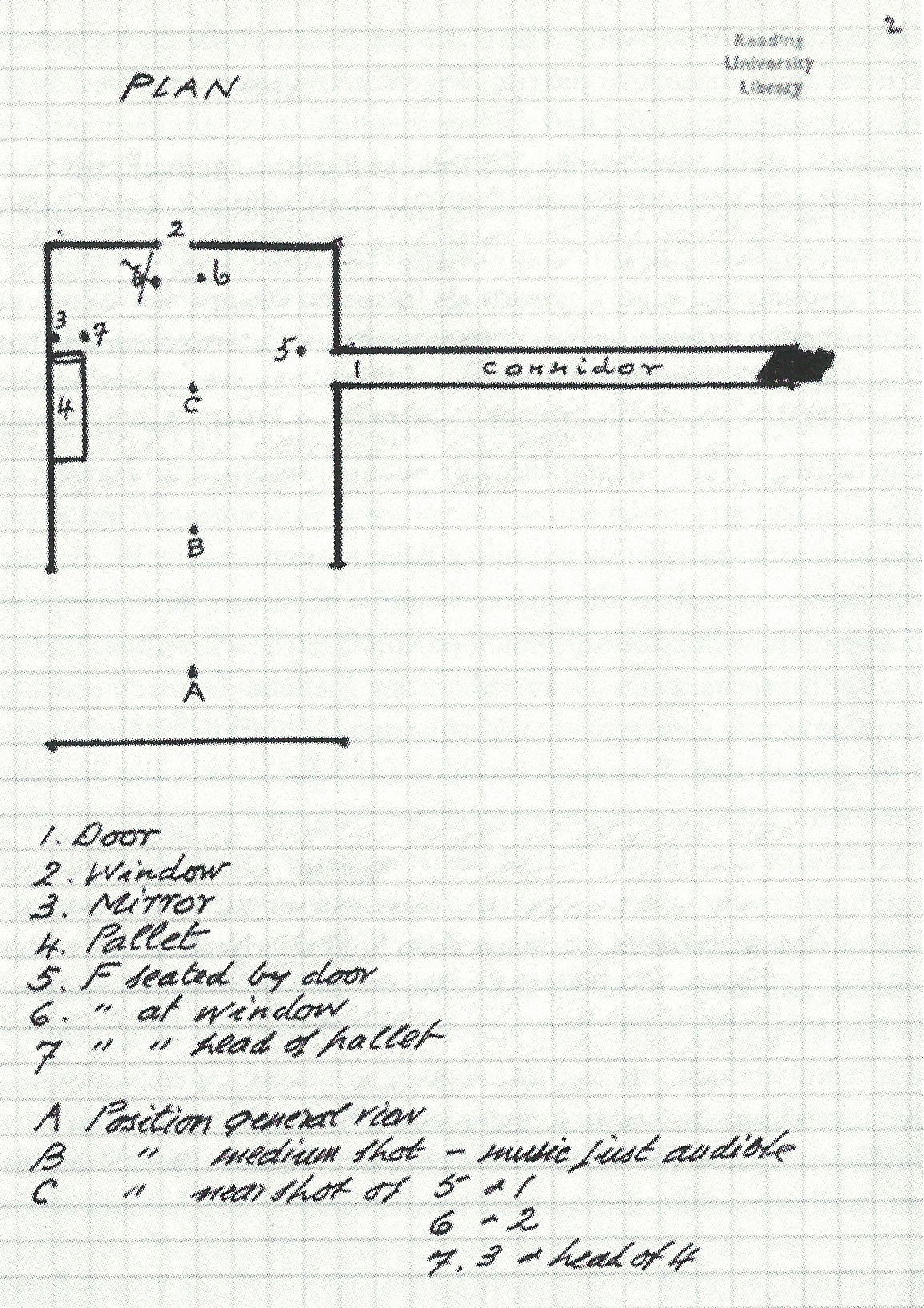
Read more..
postgraduate program, workshop
Pierre Rubio / Geert Opsomer / Pierre Joachim ECOLOGY OF AFFECTS
25-29 May 2015
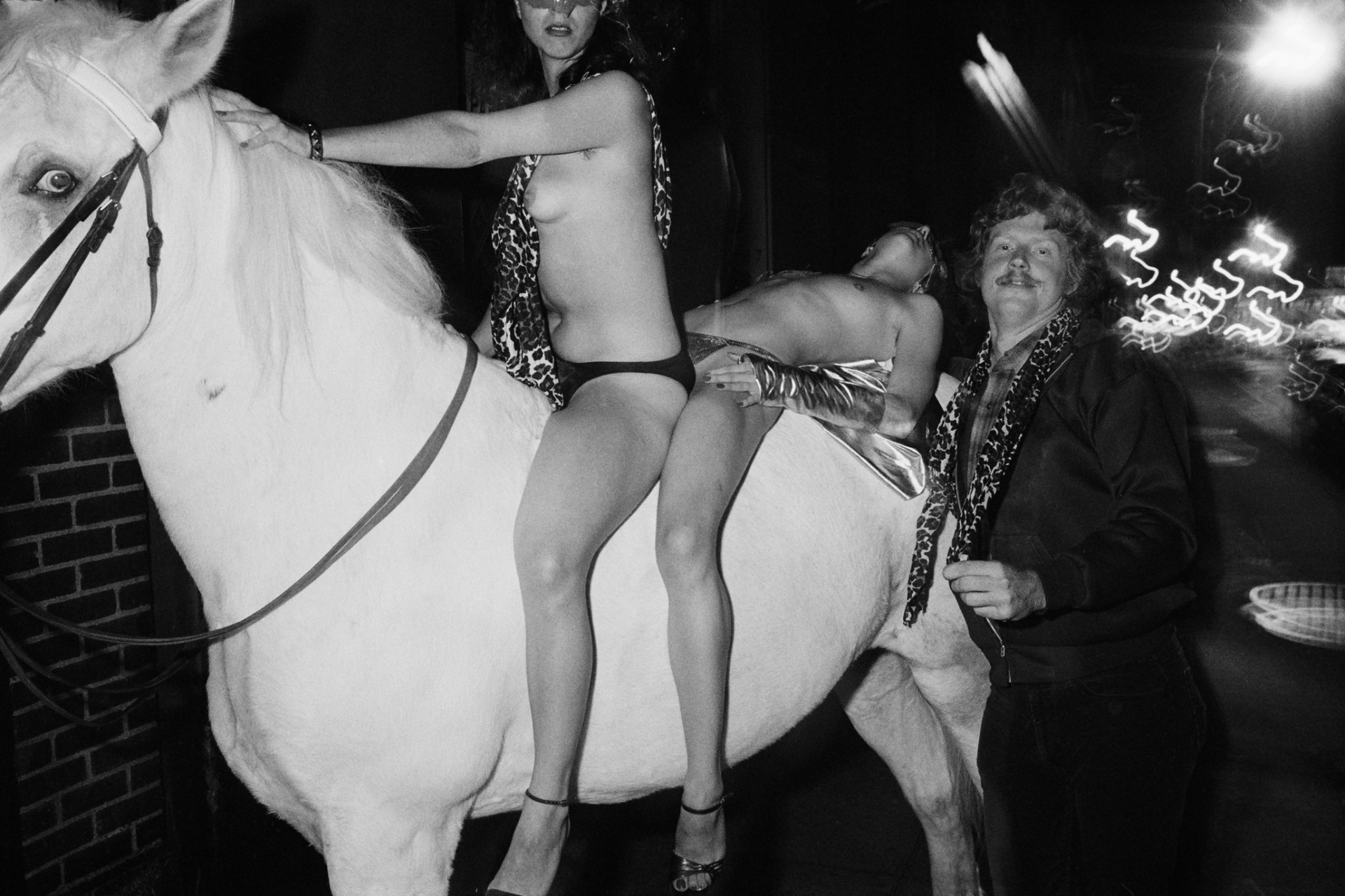
Read more..
postgraduate program, workshop
Abu Ali * Toni Serra THE UNSEEN WORKSHOP
8-12 June 2015
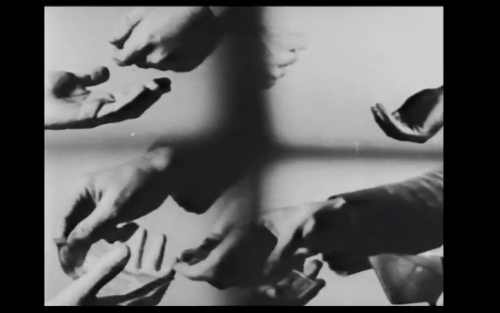
Read more..
postgraduate program, workshop
Elke Van Campenhout Who’s Afraid of the Subject?
18-22 January 2016 / a.pass
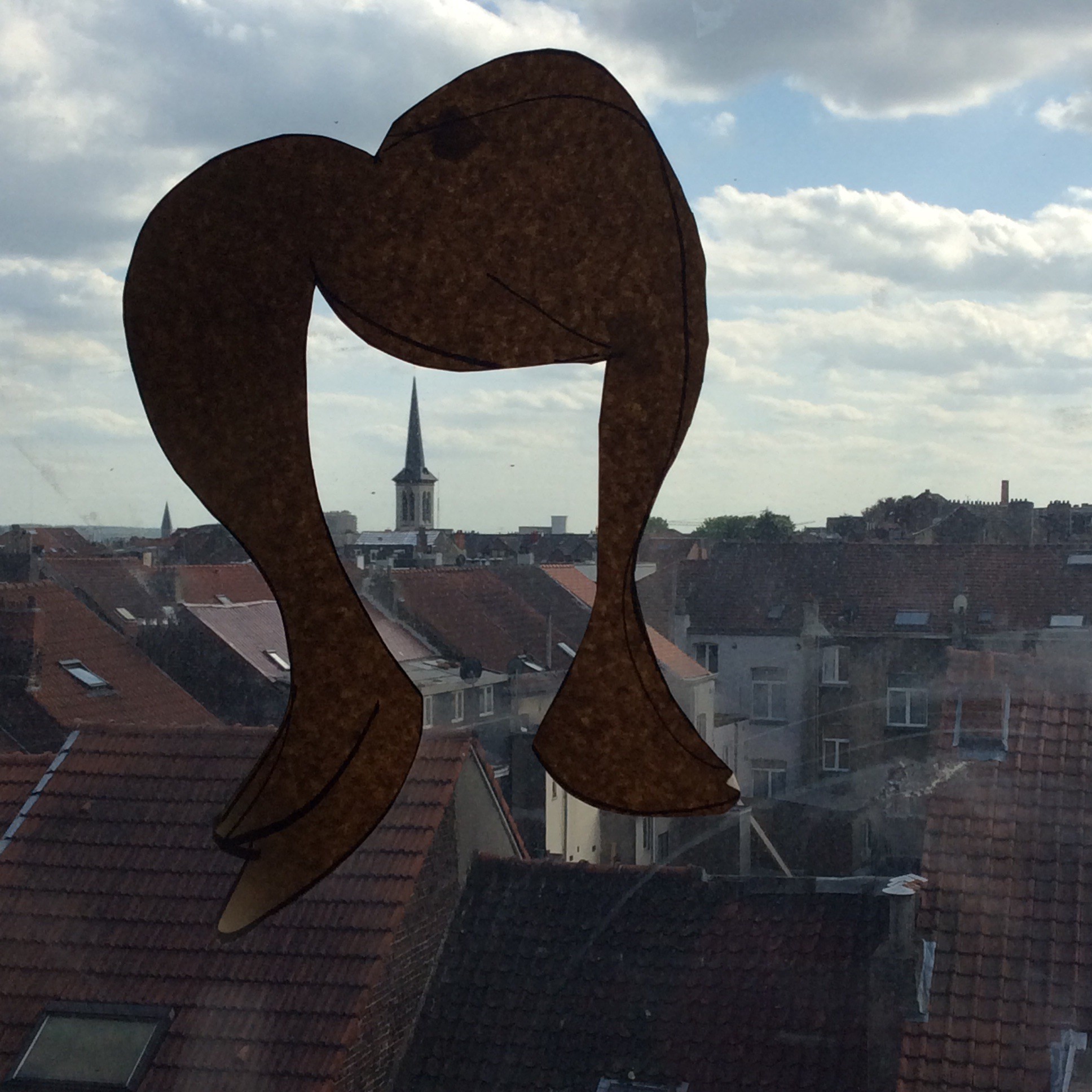
In this theoretical and discussion workshop, we reconsider the notion of the subject today:
why, after all the turn-arounds of becomings, vibrant objects and a decentralisation of the human perspective, do we need to reconsider the subject as an important player in our discourses and practice?
well, to start with, because there is no personal agency or ethics without it. and also because there is a need for a consciousness of what it is that subjects us, what it is that turns us into speaking, experiencing and affecting human beings. but even more so, when and why these powers are denied to us, and why?
Read more..postgraduate program, workshop
Elke van Campenhout / Vladimir Miller FEEDBACK
3-6 May 2016 / a.pass
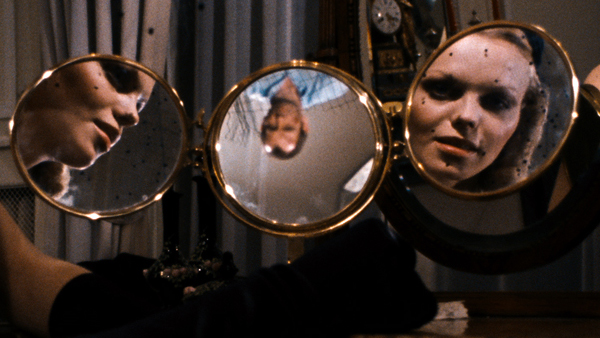
Read more..
postgraduate program, workshop
Epifania Amoo-Adare (Un)thinking Research Practice
9-10 May 2016 / a.pass
Decolonizing Theory, Mobilizing Methodologies, and Open-Ended Becoming(s)
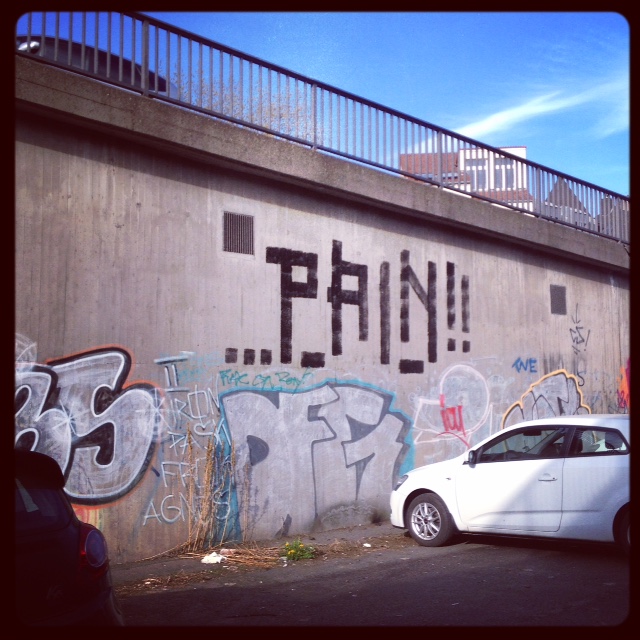
The premise of this workshop is that a critical pedagogy on the space of research knowledge production, and its related forces of (re)production, is a necessary condition for any intervention in (and of) that space. Consequently, we propose to challenge widespread understandings of research space and knowledge production as a binary researcher-researched structure that is given and fixed, in other words: a structure that is developed for and not a context that is developed by the various actors in the research process. We contrast this convention with an understanding of research space as both, a manifestation as well as a vehicle of the productive relations of power-knowledge.
Read more..postgraduate program, workshop
Vladimir Miller / Peter Stamer FORGED THEORY
5-7 July 2016 / a.pass
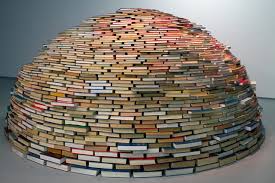
Read more..
postgraduate program, workshop
Vladimir Miller THEORIES UNDER THE COMMONS
26-30 September 2016
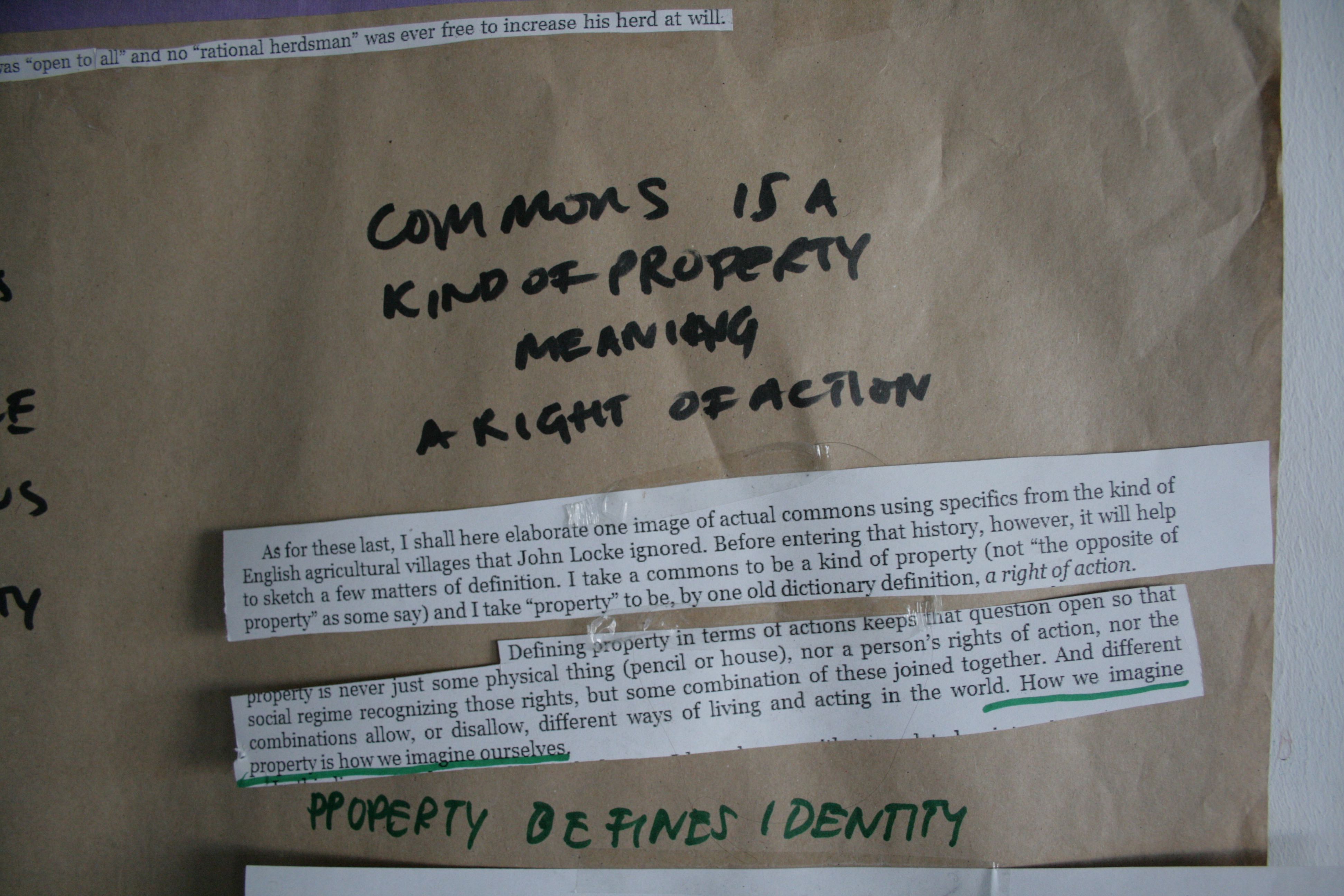
Read more..
postgraduate program, reading session
Book Clubs #3 & #4 Situated Knowledge
2-9 February 2017 / a.pass
Book Club Series / Sina Seifee
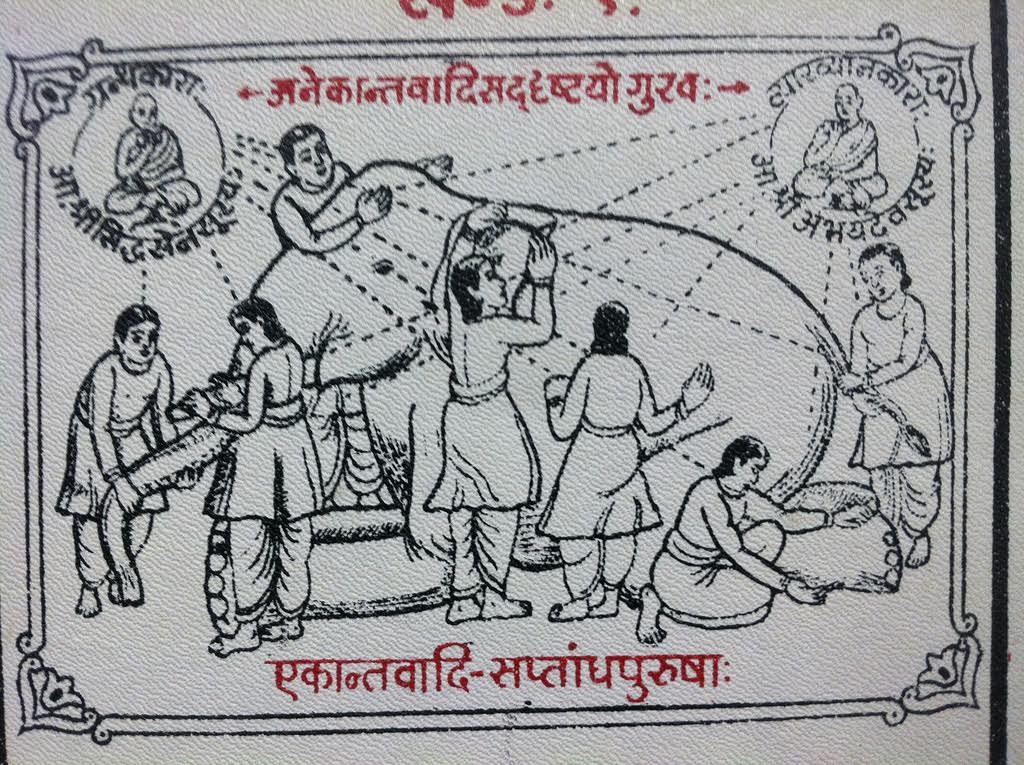
Read more..
postgraduate program, reading session
Book Club #5 Sacred Drift, a journey into political consciousness of sound
16 February 2017 / a.pass
Book Club Series / Peggy Pierrot
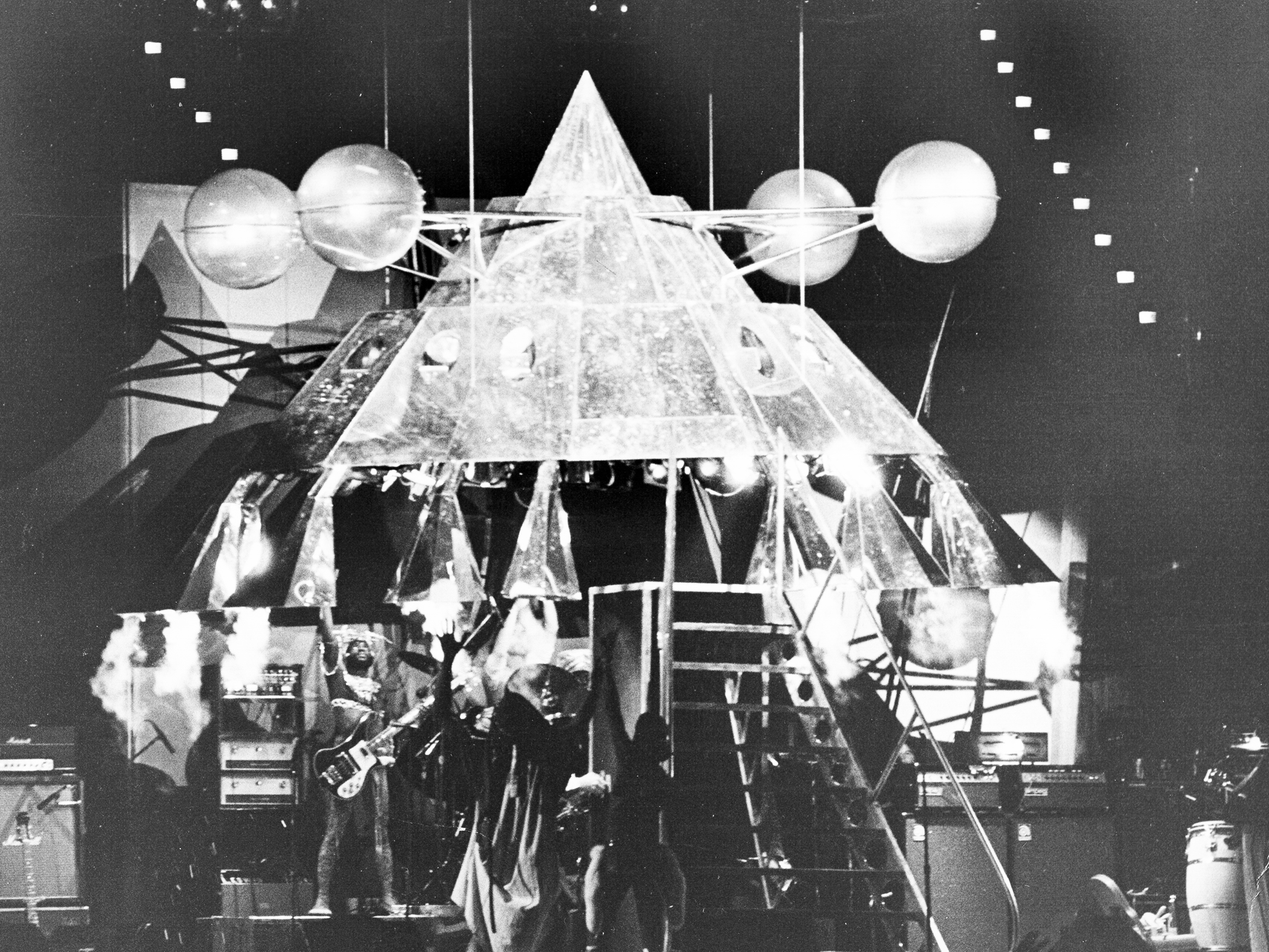
Read more..
lecture, postgraduate program
Book Club #7 Politics of Speculative fabulation
10 March 2017 / a.pass
Book Club Series / Fabrizio Terranova
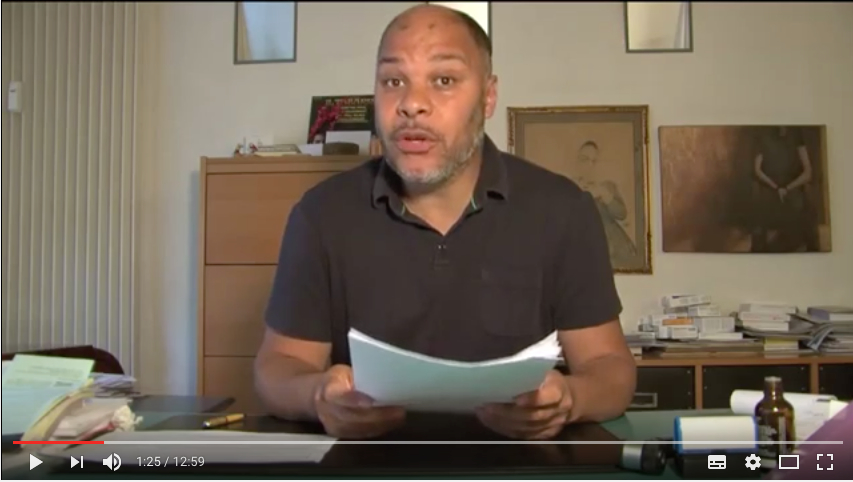
Read more..
postgraduate program, workshop
Sina Seifee Little Fables of Practice Workshop
24-25 July 2017 / a.pass 4th floor

Read more..
postgraduate program, workshop
STUDY DAYS
10 September-30 November 2018
A curatorial proposal by Adva ZAkai
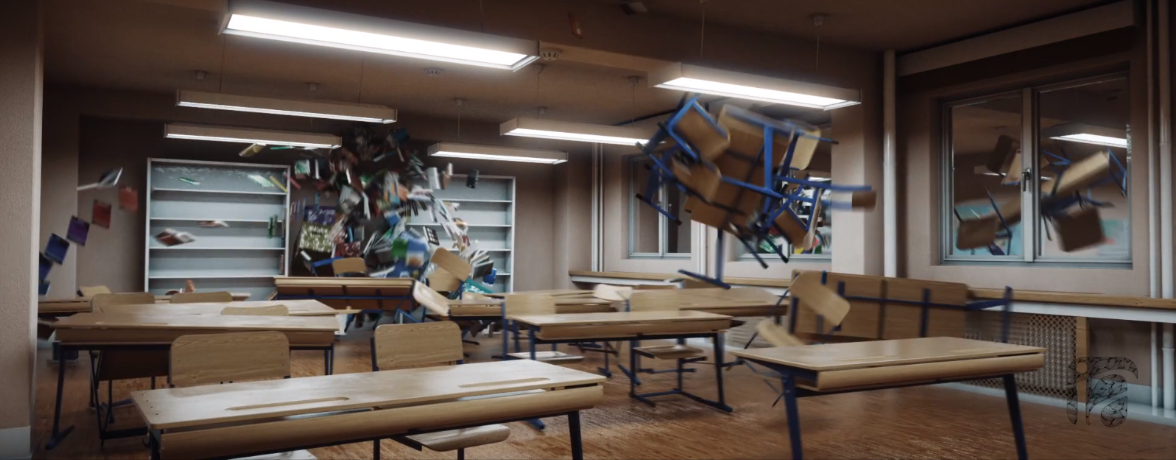
PROGRAM AND SCHEDULE
This block is organized around a series of Study Days. Almost every Monday till the end of November, a.pass hosts artists, thinkers and researchers to contribute to the problematization of various issues that bring together love, art, school, improvisation and politics.
Read more..postgraduate program, workshop
the Lecture, the Performance
4-8 February 2019
workshop with philipp gehmacher
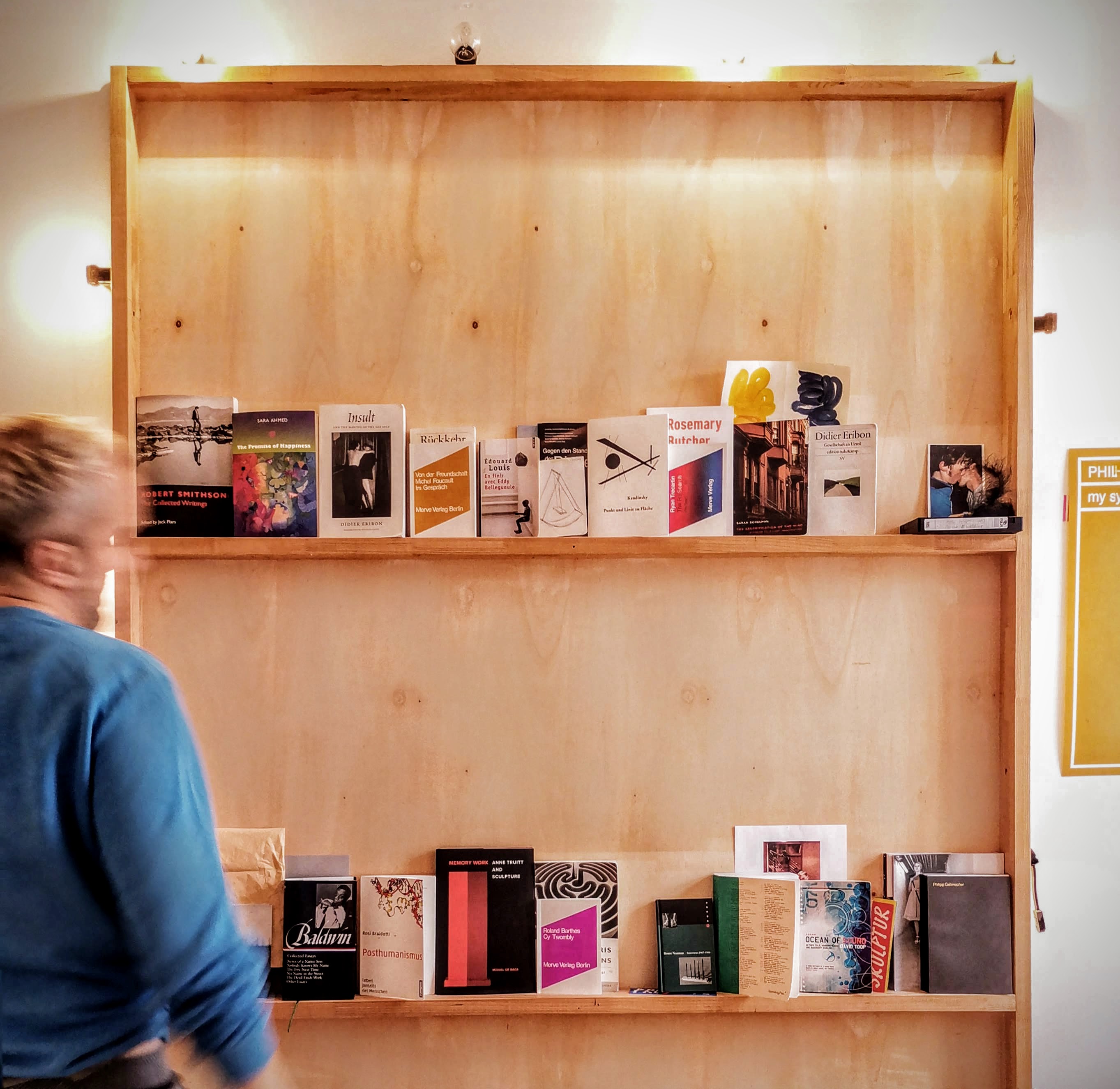
This week’s focus lies on the idea and genre of the lecture performance in the performing and visual arts. Speaking out will be looked at as a performative act of sharing thoughts and concerns about ones own research and work. The questions often arising are: Why speak out about things at all? Why not let the work speak for itself, the research be mapped out and available? Is the speaking an extra layer of added information, at times rendering the ‚shown’ and presented more informal, even personal? Whilst in fact pointing at its surrounding, as much as the institution, is there a self-referentiality involved in speaking that we cannot escape whether we speak about ourselves, our concerns or just matters seemingly ‚worldly‘ and not personal? Speaking is however also about utterance and the speech act, performative as such, in the now, whether scripted or not. Speaking points out, maps out, accompanies actions and discursifes often all at once.
Read more..postgraduate program, workshop
Krõõt Juurak AUTODOMESTICATION
27-31 October 2020 / a.pass
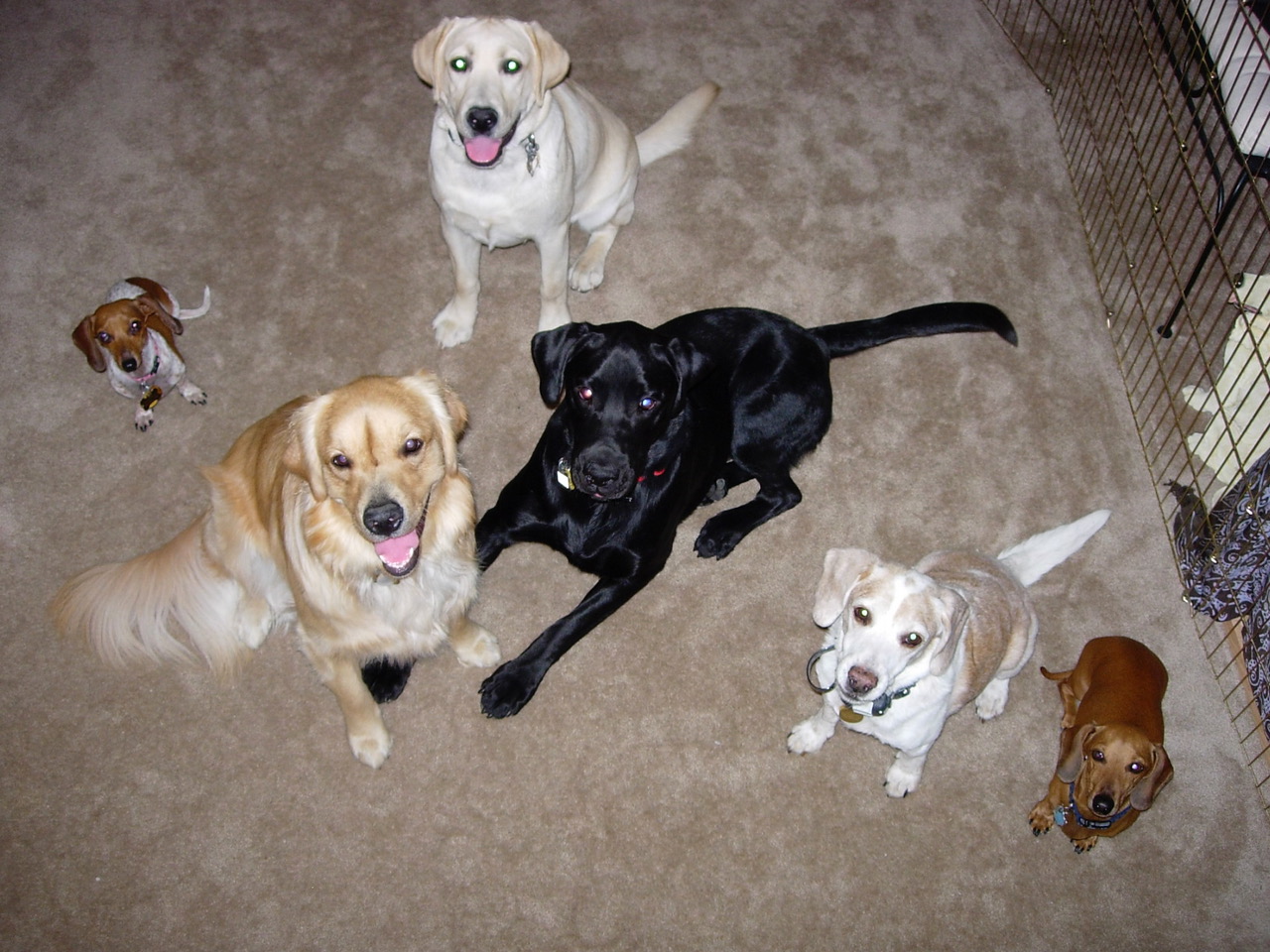
As a performer you provide your audience with something that cannot be measured in material terms. As regards the activity that produces the cultural content of the commodity, your labour involves a series of activities that are not normally recognised as work – activities involved in defining and determining cultural and artistic standards, fashions, tastes, consumer norms and, on a strategic level, public opinion. As a performer you are primarily a producer of subjectivity. Typically, an artist’s value does not lie in what they “do” but in what they “are”. Now, remember, for example, how Richard Florida described the processes of gentrification caused by the migration of artists and creative workers – the artists may or may not be aware of the value of their mere presence but on a larger scale they produce “results” simply by existing. Survival in the (performing) arts requires creativity that goes beyond the artworks one creates. In fact, a typical performing artist spends about 99 percent of their time off stage – as an audience member, a critic, an administrator, a networker, friend, mentor, student, teacher and so on. Inventing and re-inventing oneself on and offstage, adjusting to various situations, restrictions, moving from project to project, one residency to the next, brimming with creative energy, training and forever educating oneself is the way forward.
Read more..postgraduate program, workshop
Elke van Campenhout Debunking the Myth
16-20 November 2020 / online
or The Emperor’s New Clothes Revisited
NEW DATES!
16.-20. Nov 2020
To be a contemporary artist comes with a lot of prerequisites these days: unspoken discourse rules, critical norms, and a general salonfähig consensus about values like fluidity, horizontality, collaboration, etcetera… Often these values are taken for granted while a strong discourse is ruling the artist’s world, zooming in on any hint of postcolonial insensitivity, patriarchal blindness, gender observations, and faintly non-consensual power use. This attitude stems from the bountiful history of feminist and queer studies, cultural studies insights, and a general growing awareness of her-stories and the damage done by biased educations and cultural misgivings. But at the same time there are also a lot of other untouched territories underlying these value markers: 19th century romanticism, liberalism, humanism, … Each one carrying within it a very specific view of what it means to be a human being in this world, how we are connected and what we are able to convey.
Read more..